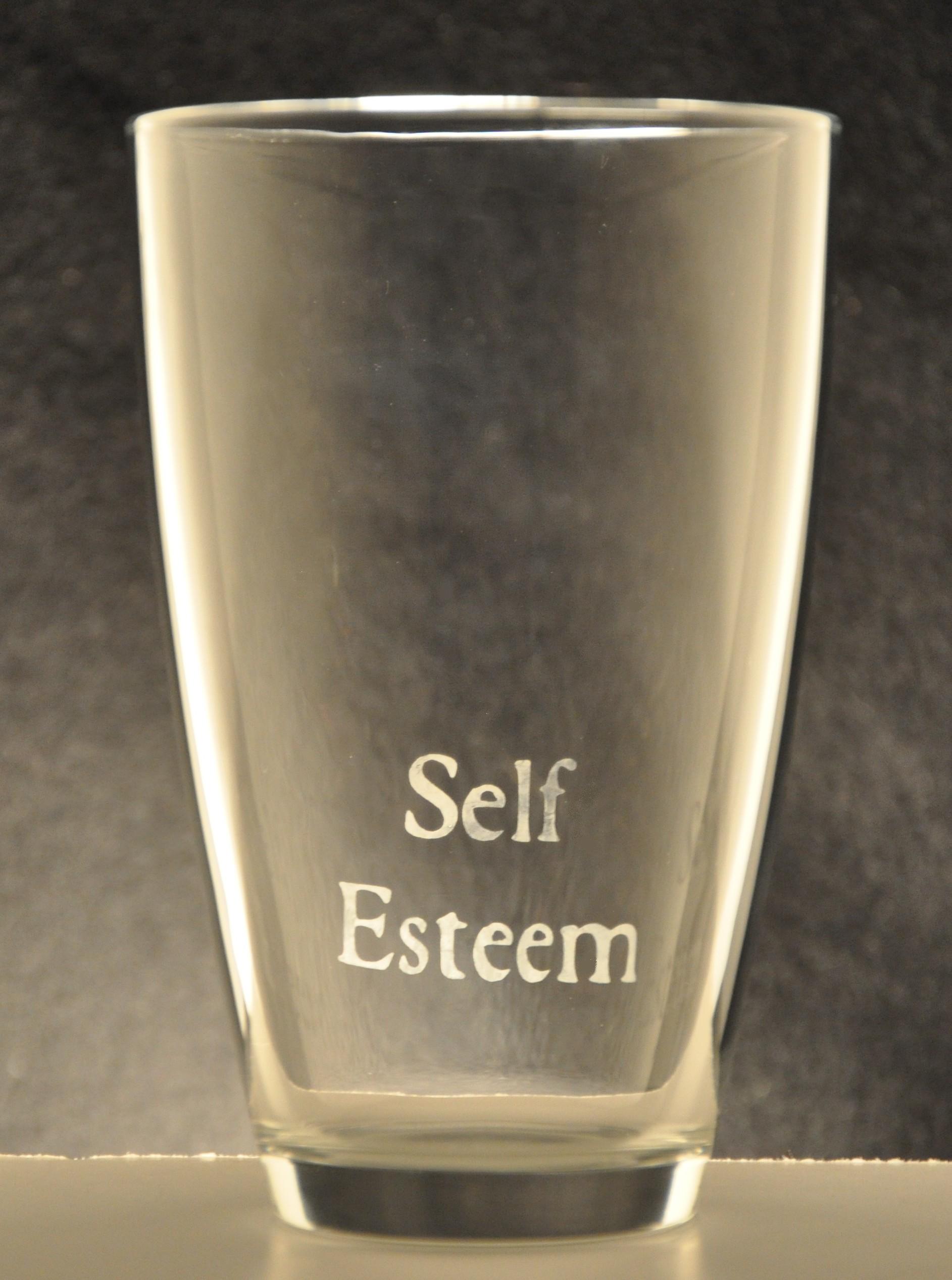Essay on Prestige, Esteem and Rank – People in every society have their own evaluation of the statuses.
They may consider a status as ‘good’ or ‘important’ or ‘difficult’ or ‘routine’ or ‘filthy’ or ‘criminal’ and so on. They have some judgment based on the norms of society about the degree of desirability of the status. This evaluation of the status is called ‘prestige’. The evaluation of an individual’s role behaviour in status which he occupies is called ‘esteem’.
People always tend to rank positions and attach an invidious value to them almost independent of their occupants. Most of the Indians may believe that the status of the mayor of a city corporation is more desirable than that of street sweeper. They do not take into account the particular person who is occupying the status nor the manner of his performance in that status.
ADVERTISEMENTS:
The judgement of the statuses is so important that some may feel hurt if their ‘status’ is not properly recognised. Because, people give much importance to the prestige associated with status. For example, the office superintendent of a big college may feel insulted if he is mistaken for a second division clerk in the college. He cannot tolerate people who damage the prestige associated with his status.
The same people attach another kind of value to the individual depending upon the nature of his performance as an occupant of a particular status. This evaluation of his role is called ‘esteem’. A person may be in a status which has high prestige and earn high esteem by means of his role behaviour there. But prestige does not ensure esteem.
The alcoholic advocate has low esteem even though he is in a status which has high prestige; the best clerk in an office may earn a high esteem even though he occupies a status which has low prestige. Esteem is always related to the expectations of a position. But it is not attached to the position itself but to the success or failure in carrying out the expectations of the position.
ADVERTISEMENTS:
The esteem accruing collectively to individuals in a status can in course of time alter the prestige of that status. For example, if, over a period of years, only incompetent persons were made Vice- chancellors of a University, the prestige of Vice-Chancellorship would suffer badly. Further, we have a tendency to speak proudly of highly esteemed persons who occupy the same status as we; because we feel that their presence raises the prestige of our position.
Ranking:
Ranking actually refers to the ranking of social positions or statuses (particularly occupational statuses). We know by our common observation that all statuses are not ranked equally. Some statuses come to rank higher than others. There are several causes for this:
Firstly, personal characteristics and skills which are required to adequately fill a status is one of the causes. Example: Status of a University professor is ranked relatively higher. Because, this status requires greater intelligence, the person in the status has to teach very complex subjects, has to control the students, etc.
ADVERTISEMENTS:
Secondly, the amount of training that a status requires is another factor in ranking. The highest statuses (Example: the statuses of doctors, high court advocates, high army officials like major general, general etc., scientists etc.) that indicate high ranking, normally call for the greatest preparation or training.
Thirdly, the importance, the status has for the society is another factor in ranking. This is one reason why a judge holds a higher status and makes more money, than the clerk of the court. It is also a reason men have traditionally held a higher status than women.
Statuses which rank high in these three respects are usually rewarded with relatively large amounts of wealth, privilege, and power. Wealth and power in turn, become additional factors which the members of society use in ranking status and granting prestige.

